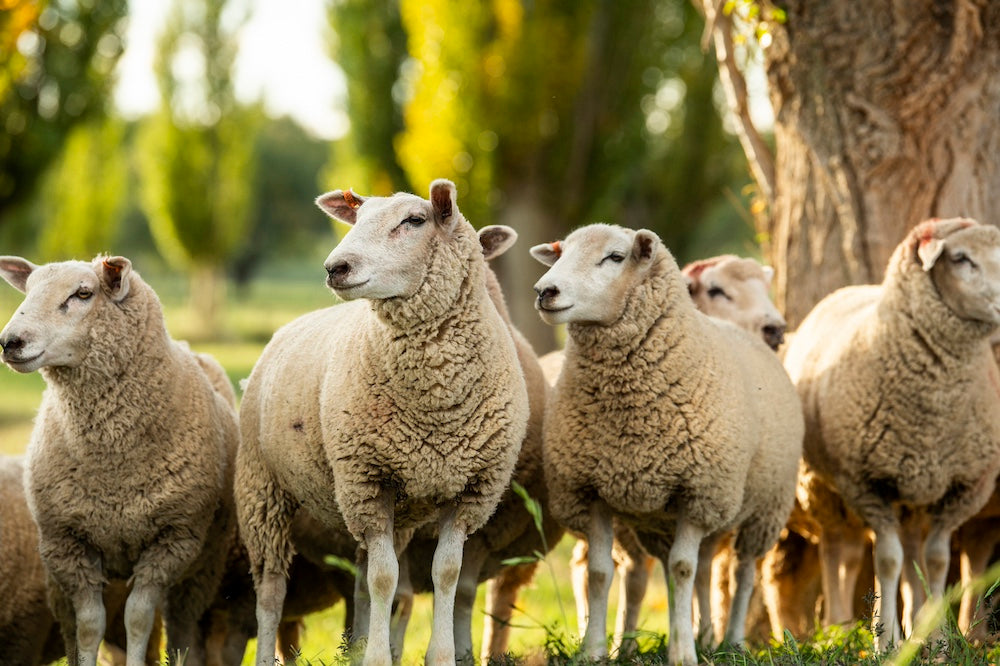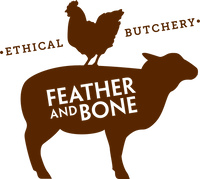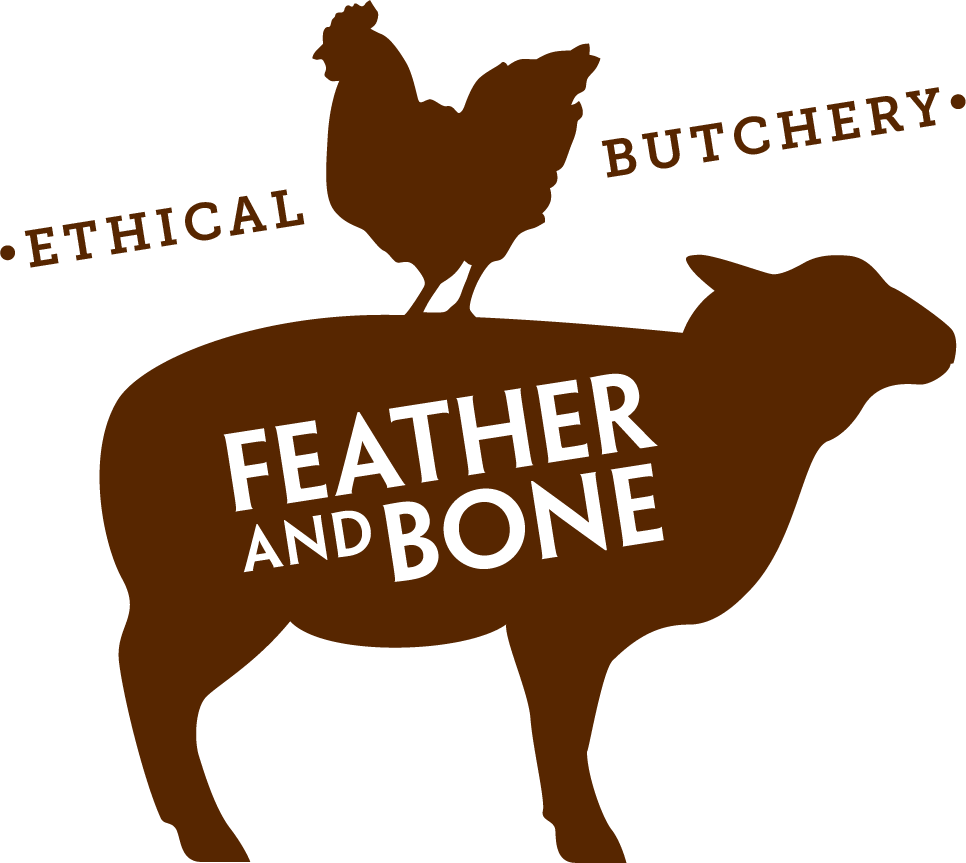
Supermarkets? A farmer's view: Moorlands Biodynamic Farm
Supermarkets and supply chains are under increasing scrutiny. So we decided to check in and ask the farmers we work with why they choose not to participate in the commodity food system facilitated by supermarkets. Read more about why we're doing this series.
Together with these farmers and our customers, we’re part of an alternative food community with different priorities from the supermarket system. But 'alternative' and 'different' generally means more effort and less certainty.
So why do they do it?
Last week we heard from Near River Produce. Now it's Vince Heffernan of Moorlands Biodynamic Farm's turn.

Here's Vince at Moorlands near Dalton, NSW. Vince is the sixth generation to farm his land and he's spent over 20 years regenerating the ecosystem with remarkable results. Photo: Alan Benson.
"Enough-ness"
I think that the biggest differences between our businesses and the supermarket model, is the dramatically different paradigms within which we operate. The supermarket paradigm is one governed by profit and competition and the one we inhabit is driven by the goal of holistic well-being. Which isn't to say we don't want to make a fair profit - to run sustainable businesses - but economic profit at any price isn't what drives our businesses.
The supermarkets, based on my experience, prioritise profit, which translates into higher share prices and higher remuneration for executives. This focus requires them to seek to eliminate competition, drive down the purchase price of farm produce and charge as much as possible for everything. They must constantly push as hard as they can without losing their base.
I was told by the meat buyer at Woolworths that fitting the loin chops onto pack trays was more important than how the meat tasted. All lambs sold to Woolworths must meet a prescribed weight determined by the portion sizes they want to sell, and because my lambs were 0.3% heavier, I was penalised 20% of the value.
They also weren't interested in telling our story, which we're very proud of and feel is really important. But the supermarket model doesn't allow for individual producer stories and they didn’t like the comparison between our story and the other farms which were largely commodity growers also driven by profit and scale.
This is very different from us.
There is a focus on holistic welfare in all we do. On farm we measure our success by the quality of the produce and the respect we have for the land, country and environment and there are so many things we do to repair and protect the ecosystem. But this work in animal and landscape welfare impinges on driving economic profit so it's not important to supermarkets.
We live simple lives and are passionate about our sheep and more passionate about our land.
I'll never be as rich as a supermarket executive - if there was a word that described how I live it would be "enoughness" [are we allowed to make words up?].
Yes I love good food, but it can be something as simple as amazing mint I grow in my farm garden, or a lemon or tomato or the stellar Texel lamb I produce. Quality matters, but how it is produced matters too and the quality usually comes from the way it's produced. Is it good for the planet? Are we focused on reducing Greenhouse gases? Are we aware of the damage that certain agricultural practices do to our land and water and the others that share it - the flora and fauna?
Feather and Bone is at the other end of the spectrum from supermarkets and they care the way we do. They never dictate a size or a price to us, but we also don't charge like we want to drive a Ferrari.
No, it will never be the cheapest but the difference between my lamb and the way I manage my land and what you can get at the duopoly is profound. The results are spectacularly better for all of us.
When we started working together over 10 years ago we’d tried a lot of butchers, maybe a dozen, but we only have one butcher now and it’s because they’re boosters to the flow of information. They don’t stand between us and the customers, they try to connect us to the customers and tell our unique story so customers can judge for themselves if they want to buy our product. I’m not forcing anyone to buy our product, any more than Feather and Bone is, but armed with information, people can make a decision. (I think a lot of people have good intentions, but it’s disingenuous to have good intentions and not follow through with it.)
We don’t all have the time to go out and see the farmer dig the spuds, or pick the avocadoes or look after the landscape and sheep like we do on our farm. But we’re all interconnected and that direct line of sight to the consumer and farmer that Feather and Bone offer is important. It helps us understand that our decisions have an impact.
I'm happy Feather and Bone is part of our ecosystem. I'm also happy to talk to their customers, any time. Where would a farmer get that opportunity in a supermarket?
Vince Heffernan
Moorlands Biodynamic Farm
Read the case study about Vince and Moorlands Farm in our book, The Ethical Omnivore.

About this photo, Vince says:
'I love that tree. On basalt country, it spreads it's limbs out wide. Pointing to the fact that this was a grassy woodland, never a forest. Now there are a row of trees adjacent, at thirty metre spacing, planted in October 2013 by visiting German backpackers. Why 30 m? Bird specialists note that the tiny, and often endangered, woodland birds will not risk an open crossing of more than 60m for fear of predation. So these stepping-stones allow safe passage from one planted woodland to another creating connections integral to native faunas' needs (and for a random lightning strike in the centuries to come).'

Vince with Mrs Feather at Carriageworks recently.
As Vince says, the lamb is 'stellar'. And if you don't want the supermarkets to be the only ones left standing, then you need to eat our food!

